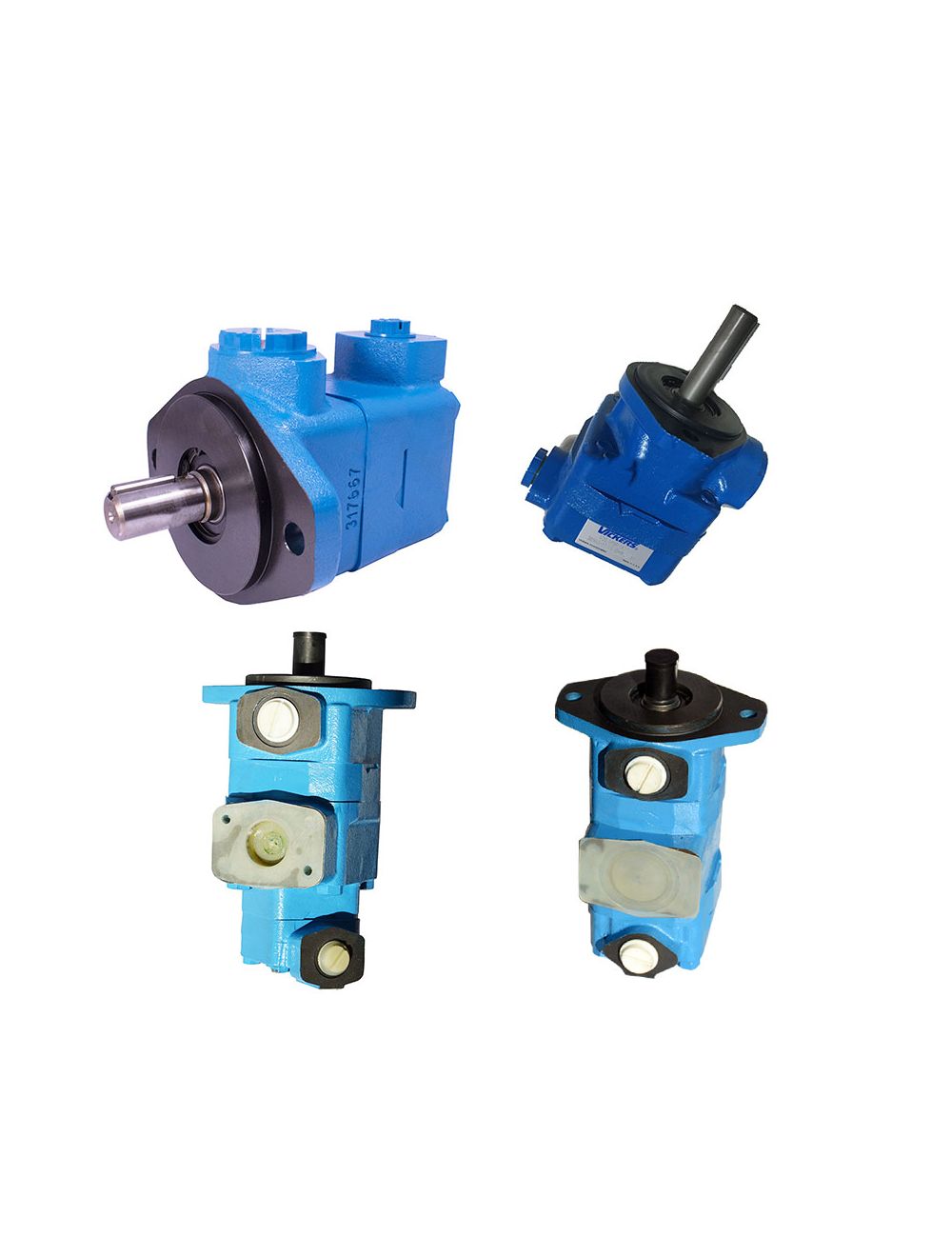Video: HVAC Blowing Cold Air in Winter: Reasons & Ways to Fix

Figure 1: HVAC blower fan.
Winter is upon us, and there's nothing more uncomfortable than expecting your HVAC system to provide a warm refuge
from the cold, only to find it blowing cold air. This unexpected issue can leave homeowners frustrated and chilly.
In this comprehensive guide, we will explore the common reasons why your HVAC might be blowing cold air in winter
and discuss possible solutions to ensure your home stays warm and cozy.
1. Understanding the Basics: How HVAC Systems Work
Before diving into the potential issues, it's essential to have a basic understanding of how heating, ventilation,
and air conditioning (HVAC) systems work.
HVAC systems consist of a furnace or heat pump, an air handler or blower, and a network of ducts. During the winter months, the
furnace or heat pump is responsible for generating warm air, which the blower then circulates through the ducts to
heat the home.

Figure 2: HVAC system diagram in a house.
2. Common Reasons for Your HVAC Blowing Cold Air in Winter
2.1 Thermostat Issues
One of the simplest explanations for your HVAC system blowing cold air could be a thermostat malfunction. If the
thermostat is not set correctly or is not functioning as it should, it may not signal the furnace or heat pump to
produce warm air.
Solution: Check your thermostat settings to ensure it's set to the right mode and desired temperature. If you have a
programmable thermostat, make sure the schedule is accurate. If problems persist, consider recalibrating or
replacing the thermostat.
2.2 Dirty or Clogged Air Filter
A dirty or clogged air filter can restrict the airflow, causing the HVAC system to overheat and shut down the
burners. This safety feature prevents damage but can result in the circulation of unheated air.
Solution: Regularly check and replace your air filter according to the manufacturer's recommendations. A clean
filter ensures proper airflow, improves system efficiency, and prevents unnecessary strain on the HVAC components.

Figure 3: Change a dirty air filter in a furnace.
2.3 Pilot Light or Ignition Issues
If you have a gas furnace, a malfunction with the pilot light or ignition system can lead to the production of cold
air. The pilot light might be out, or the ignition system may fail to ignite the burners.
Solution: If you feel comfortable, relight the pilot following the manufacturer's instructions. If the pilot light
continues to go out or the ignition system is faulty, it's advisable to consult a professional HVAC technician for a
thorough inspection and repair.
2.4 Malfunctioning Thermocouple
The thermocouple is a safety device that detects the presence of a pilot flame. If it fails to sense the flame, it
can shut off the gas supply, preventing the furnace from producing warm air.
Solution: A malfunctioning thermocouple requires professional attention. An HVAC technician can inspect and replace
the thermocouple if necessary, ensuring the safe and efficient operation of your furnace.
2.5 Issues with the Heat Pump
For homes with a heat pump, cold air issues may arise if the system is struggling to extract heat from the outdoor
air. This can happen in extremely low temperatures or if the heat pump is not working optimally.
Solution: Ensure that the outdoor unit is free from debris and that there are no obstructions around it. If the
problem persists, contact a qualified HVAC technician to assess and address any issues with the heat pump.
In addition, the heat pump system blowing out cold air in winter may be caused by the following: HVAC system in
defrost mode, low refrigerant level of the system, and defective reversing valve.
And reasons why a gas furnace heating system blows cold air in winter include insufficient gas supply and a dirty flame sensor.

Figure 4: Check the ventilation unit.
2.6 Ductwork Leaks or Insulation Problems
Leaks in the ductwork or insufficient insulation can allow cold air to infiltrate the system, reducing the overall
efficiency and effectiveness of your HVAC system.
Solution: Inspect your ductwork for visible leaks and consider having a professional HVAC technician perform a
thorough inspection. Proper insulation and sealing of ductwork can significantly improve the system's performance.
3. Steps for Troubleshooting and Maintenance
3.1 Regular Maintenance
Conduct regular maintenance on your HVAC system, including cleaning or replacing air filters, inspecting the pilot light, and lubricating moving parts. Regular maintenance can prevent issues and ensure the system operates efficiently.
3.2 Thermostat Calibration
Periodically check and calibrate your thermostat to ensure it accurately reflects the temperature in your home. If you notice any discrepancies, consider replacing the thermostat for more precise temperature control.
3.3 Professional Inspection
If you encounter persistent issues or are unsure about performing certain troubleshooting steps, it's crucial to enlist the services of a professional HVAC technician. They have the expertise to diagnose and address complex problems, ensuring the safe and efficient operation of your system.
3.4 Ductwork Inspection
Schedule regular inspections of your ductwork to identify and address any leaks or insulation issues. Sealing leaks and improving insulation can enhance the overall performance of your HVAC system.

Figure 5: Check the heat pump outdoor unit.
4. FAQs about HVAC Systems
4.1 HVAC Blower Motor Starts Then Stops?
If your HVAC blower motor starts but then stops, it
could be due to a variety of issues. Common causes include a faulty capacitor, a malfunctioning relay switch, or a problem with
the motor itself. Additionally, issues with the thermostat or the control board may contribute to this behavior.
To troubleshoot, check for loose electrical connections, inspect the capacitor for bulging or leaking, and ensure
the thermostat is functioning correctly. If problems persist, it's advisable to consult with a qualified HVAC
technician for a thorough diagnosis and necessary repairs.
4.2 How to Test HVAC Blower Motor?
To test an HVAC blower motor:
1. Power off: Turn off the power supply to the HVAC system.
2. Locate Motor Wires: Identify the blower motor wires.
3. Inspect Capacitor: Check the capacitor for bulges or leaks; replace if needed.
4. Use Multimeter: Set a multimeter to the resistance or continuity setting.
5. Test Wires: Test for continuity between motor wires. If there's no continuity, the motor may be faulty.
6. Check for Power: Turn on the system and check if power reaches the motor. If not, inspect relays and switches.
If unsure or uncomfortable, consult a professional HVAC technician for a thorough inspection.

Figure 6:Blower motor HVAC.
4.3 How to Reset HVAC Blower Sleeper Fuse?
To reset an HVAC blower sleeper fuse, follow these steps:
1. Locate the Fuse Box: Find the fuse box or panel associated with your HVAC system.
2. Identify the Blown Fuse: Look for the fuse labeled for the HVAC blower or sleeper.
3. Turn off Power: Before resetting, turn off the power to the HVAC system.
4. Replace the Fuse: If the fuse is replaceable, replace it with a new one of the same amperage.
5. Power on: Restore power to the HVAC system.
6. Check Operation: Monitor the blower to ensure it's functioning properly.
If problems persist, it's advisable to consult with a professional HVAC technician for further assistance.
5. Conclusion: Ensuring Comfort throughout the Winter Months
A well-functioning HVAC system is essential for maintaining a comfortable and warm home during the winter. When your
system starts blowing cold air, addressing the issue promptly is crucial to avoid prolonged discomfort and potential
damage to the system.
By understanding the common reasons behind this problem and taking proactive steps for troubleshooting and
maintenance, you can ensure that your HVAC system operates efficiently, providing reliable warmth throughout the
winter months. If in doubt, always seek professional assistance to guarantee the safety and effectiveness of your
heating system.

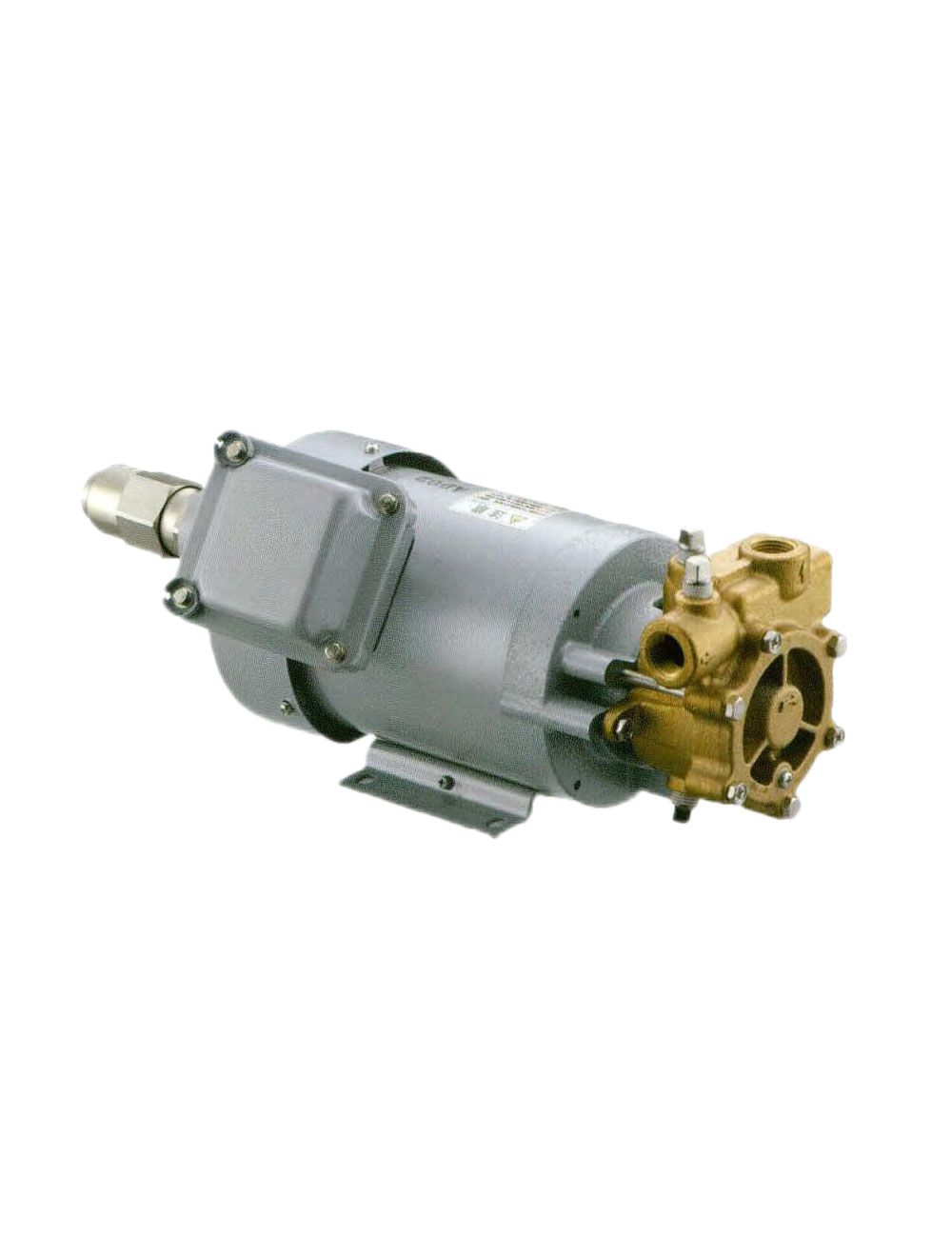
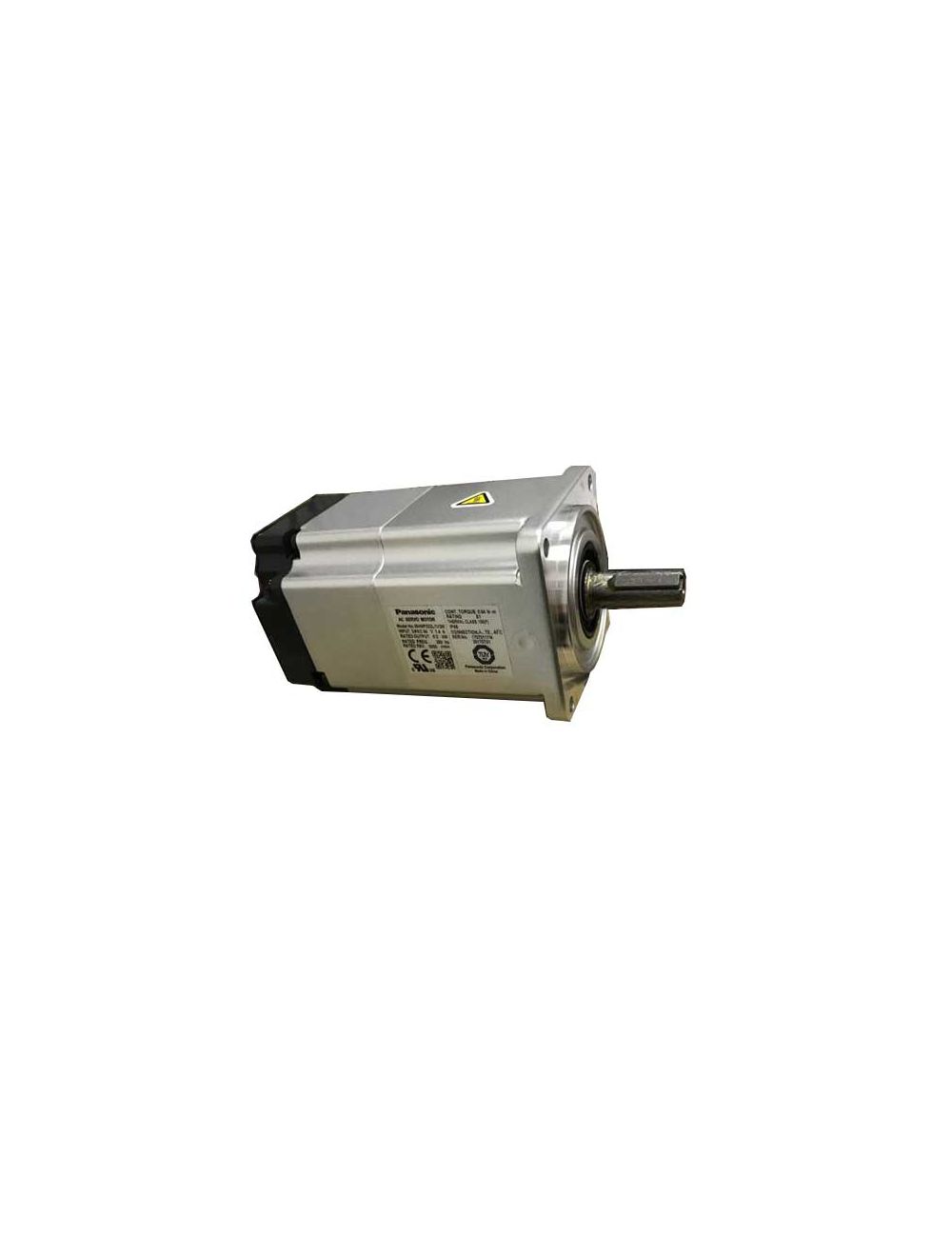
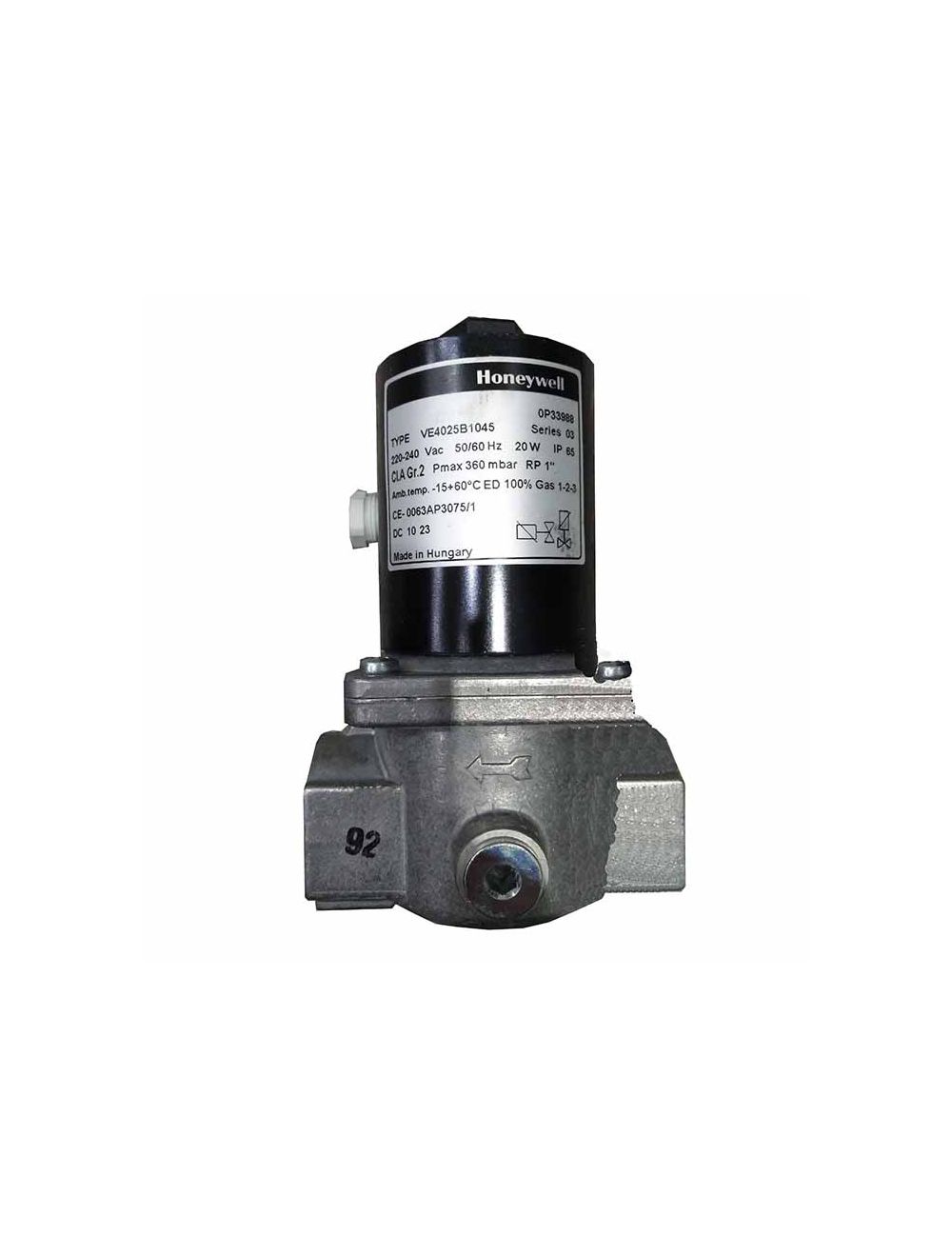
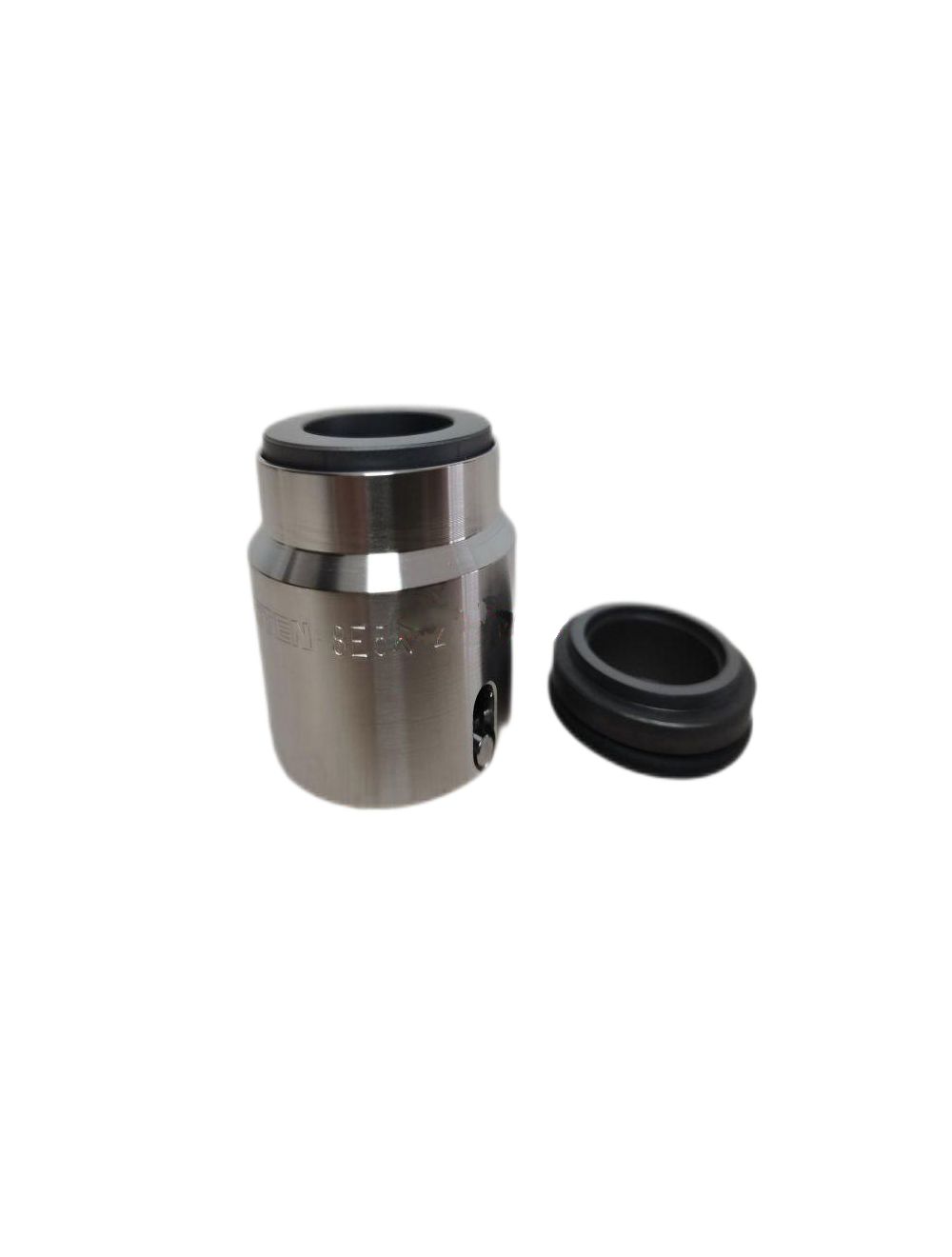

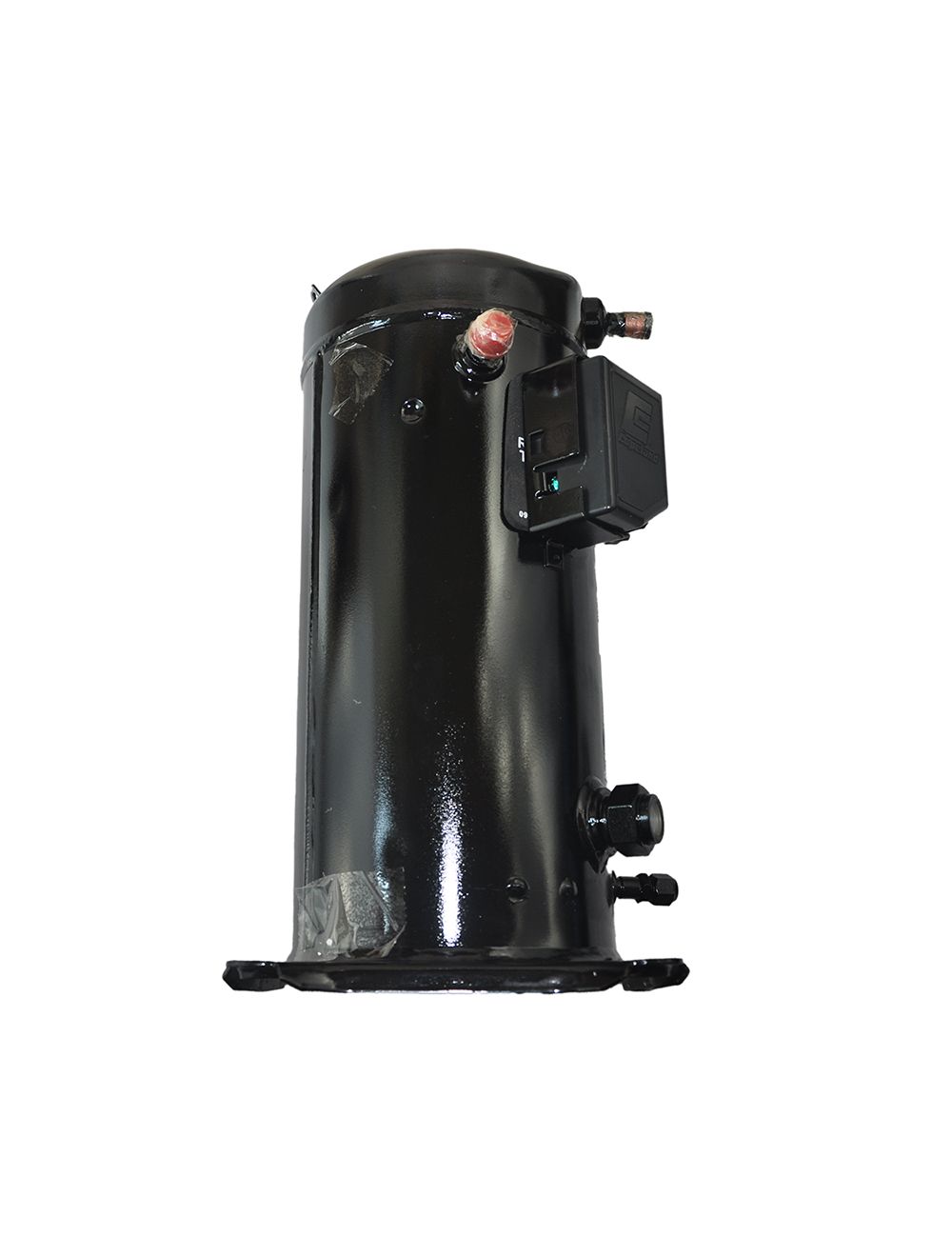

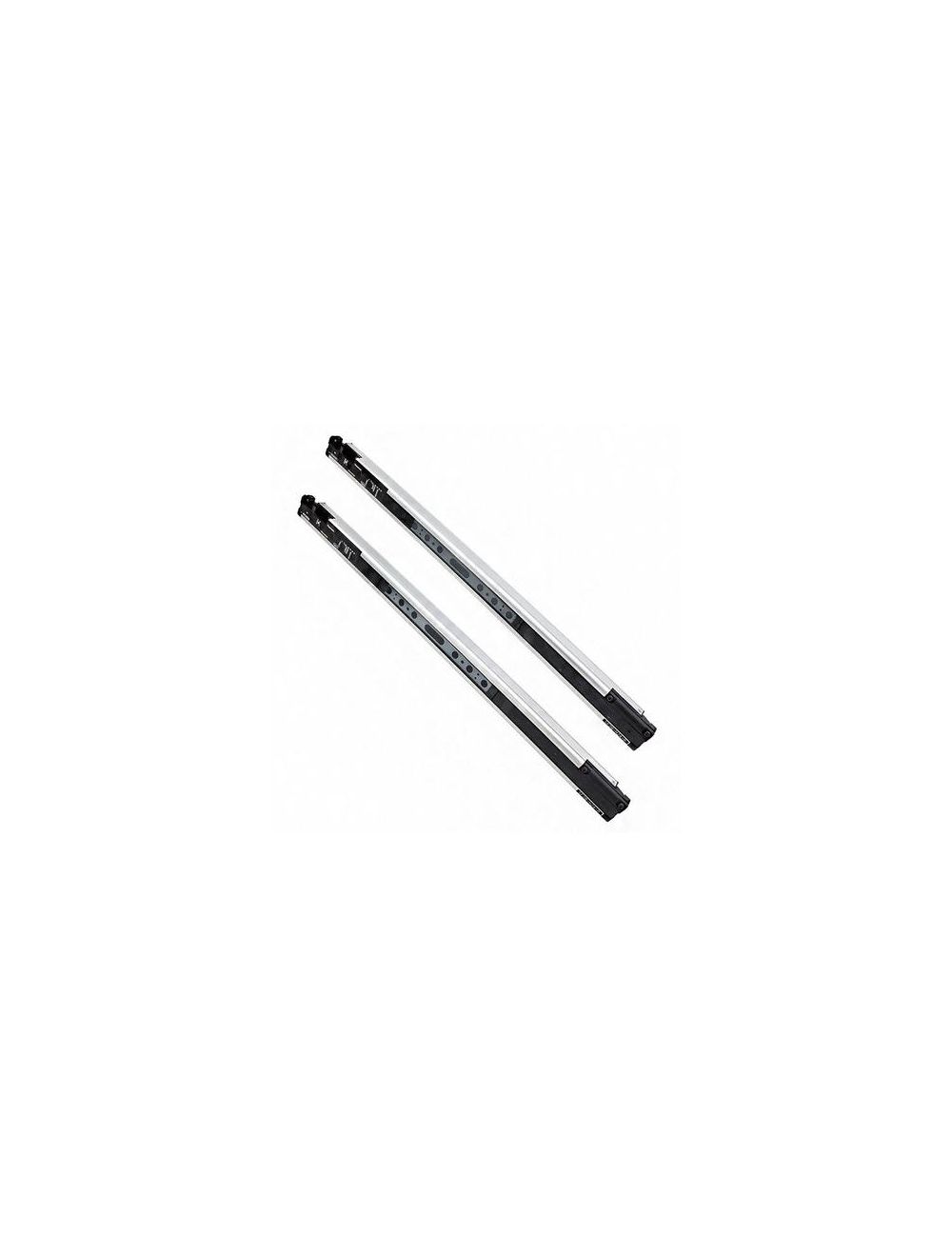
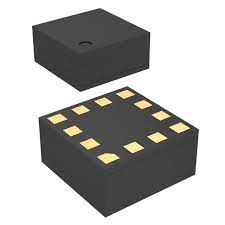

/Eaton-Contactor-DILM25-10(190V50HZ,220V60HZ).jpg)


